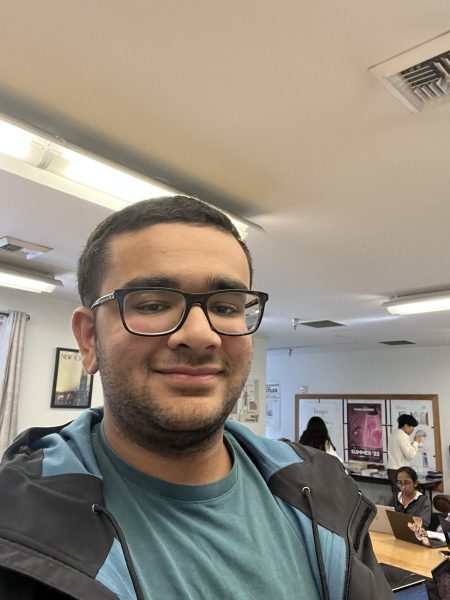The anecdotes presented in this article — often through hypotheticals — are based upon (but may not necessarily mirror) the stories of Lakesiders. For privacy purposes, any identifying information is withheld.
Lakeside’s sick policy is fairly kind to those who are seriously ill, but there are certainly steps the school could and should take to ameliorate their situations. Though the school’s academic rigor undoubtedly demands continuous attention, something that a prolonged illness makes near impossible, there are certainly positive steps the school could take without much hardship — many of which leverage systems and technologies implemented during COVID-19.
But I’m getting ahead of myself. If I’m to convince you to rebuild the system, I should explain what the system is in the first place. In most cases, those who miss too many classes in a given semester get only credit for the course. If a student misses upwards of 40% of in-person classes, they generally will not receive credit and — if the class is a graduation requirement — must repeat it the following year or perform some sort of “credit recovery” process that could look like doing labs or assignments later on or over the summer. Currently, a student can miss a maximum of eight classes per semester to still receive a grade. That represents a mere fifth of each semester and — between extracurricular activities and sick days potentially accrued earlier in the semester — can be a lethal blow to a student’s prospects of completing a class they might otherwise excel in.
Of course, the school does entertain long-term leaves, though they place a soft (i.e., informal) limit of two over a student’s four years at Lakeside. With these, a student is able to miss up to 40% of class time in any one given semester (getting only credit for classes). Although not confirmed by Ms. Suttell, there have been reports that students that miss too much class must withdraw from Lakeside — they cannot simply repeat a year. (They can, however, reapply and enroll as if they were an applicant from another school—unless they’re a junior).
So, if we’re going about a re-envisioning of Lakeside’s role in the health of its students, we should begin with these rarest but most impactful cases. In particular, are the requirements necessary in every case? I would certainly agree that for the vast majority of students, it undoubtedly is — but the fact is that is not applicable universally. Take a freshman who has taken biology over the summer and is in Algebra II (but who did not know they could test out) who has to miss large portions of the year. If Lakeside does not wish to waive any course requirements, this freshman could shift their P.E. requirement to electives, and shift math one year later to finish history over the summer and English 9 the following year (or the other way around). Et voila! The educational side of this predicament has been solved in fifty words and thirty seconds.
Meanwhile, if the student has an illness or injury that prevents them from going to school but not from engaging in school work (think asymptomatic COVID or something that impairs movement), the school should leverage its technological resources: Just as we had iPads on wheels during the 2021–2022 school year, they should be able to use these or Zoom into classes so that they don’t fall too far behind. Although — as we established almost half a decade ago — online classes are far from the real thing, they’re without a doubt better than nothing and given the not-too-low percentage of prolonged absence cases that fall into this category, could become useful tools moving forward.
A system that allows for greater flexibility, no matter its formal policies, is one that will truly work for students who are already facing special cases that fall outside the realm of what might be formally considered beforehand. A community — after all — is formed from all of us and demands consideration of all of us.

